Sigal Kanotopsky, JAFI’s
New Regional Director,
Shares Her Story of Resilience
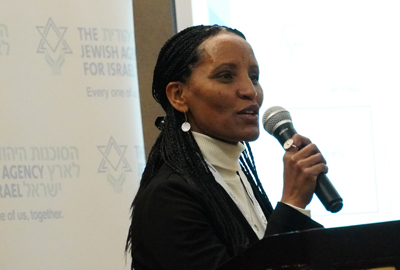
Sigal Kanotopsky, the new U.S. Northeast regional director of the Jewish Agency for Israel (JAFI), was born in a small, rural village in Ethiopia. Although her family had a good life there, in Sigal’s own words, “coming to Israel, to Jerusalem, wasn’t an option, it was our lifetime mission.”
We sat down and talked with Sigal to learn more about her personal and professional journeys, the issues facing the Ethiopian Jewish community today and her commitment to changing the way Ethiopian Israelis are viewed and treated.
Journey to Jerusalem
Coming to Israel was the dream that we were born with. And this was the dream that people die with in Ethiopia. So, when my parents heard a rumor that there was a way to go in the early eighties, they didn’t think twice, they just left everything they had at that time. They started this crazy journey to Jerusalem without knowing how long it will take. And if everyone of us will survive, but strong faith that God will lead us to Jerusalem since we were Jews.
I was almost five years old when we left Ethiopia. I have no full memory from our life in Ethiopia or our journey from Ethiopia to Sudan or from our six- month period in the refugee camp. I have only the traumatic pictures in my mind. Like losing my baby brother during the journey and being forced to bury him on the side.
Growing up in Israel
My father passed away a year and a half after arriving in Israel. He became sick just a few months after getting to Jerusalem and spent another eight months in the hospital before he passed. My mother dedicated her life to raising me and my five siblings.
We were from the first Ethiopian immigrants to make aliyah from an African country. I don’t have the fondest memories of how kids accepted us from the first day – the names they called us and the way they treated us. But at home, my mother raised us to believe that we were the most prestigious family. And reminded us that our socio-economic situation has nothing to do with our dreams. She would tell us that if we worked hard there wasn’t any dream we couldn’t fulfill. So, we grew up with the perception that we could do anything and no barrier was too big.
Throughout my life, if I faced any kind of racism, I heard my mother’s voice saying, ‘it’s not you, it’s them.’
Roots trip
In 2016 my daughter became a Bat Mitzvah and I decided to take her on a roots trip to Ethiopia. We visited the villages that my family stayed before passing the border to Sudan, one of which was the village that I was born. It is located in a very remote area in Northeast Ethiopia but it is a beautiful area surrounded by volcanic mountains.
In that moment I asked myself, ‘why did my parents leave this beautiful place and start on a crazy journey to Jerusalem?’
Returning later to Israel I asked this very question to my mother – why didn’t you wait to make aliyah when it was safer to travel?
My Mom’s simple answer, that it was not just an option but a calling in a way, made me realize that my passion for tikkun olam didn’t start at university in Israel, but from the village in Ethiopia and the journey of my parents. It was my responsibility to engage people and be proactive in dealing with racism towards the Ethiopian Jewish community.
Role models
As a teenager, I was all the time looking for someone to be like or look like. But I came to realize that all my life, the best role model I could have is my mom. My interest in Israeli social issues I think was inspired by my parent’s passion and my community’s story. I was the CEO of an organization that works with the Israeli business sector in Israel, to help them better understand their bias and help them create equal opportunities for Ethiopian Israelis.
My role today as regional director with JAFI is like closing the circle. I know that the Jewish diaspora were so involved and supportive in bringing Ethiopian Jews to Israel in the late 70’s and early 80’s, of which my family was one.
Challenges facing the Ethiopian Jewish community today
Since 50% of the Ethiopian community in Israel today are Israeli born, meaning they’re Israeli in every way, and there are still problems with acceptance and providing equal opportunities, then we need to change the paradigm. We need to work on changing the misperceptions and biases that exists toward the Ethiopian community and help them to find their appropriate place within the Israeli society and begin to see the community as one, working together.
But I will point out, that alongside the challenges that I mentioned, we should also highlight the tremendous achievements and accomplishments that Ethiopian Israelis have achieved in the Israeli society in the last 40 years.
Subscribe to our newsletter
The Associated is a home for everyone in the Baltimore Jewish community. We offer several email lists to help people find a community, engage with their peers and support Jewish journeys around the world.
Join Our Mailing ListAdd Impact to Your Inbox
Sign up for our newsletter
Subscribe to our newsletter
The Associated is a home for everyone in the Baltimore Jewish community. We offer several email lists to help people find a community, engage with their peers and support Jewish journeys around the world.
Join Our Mailing List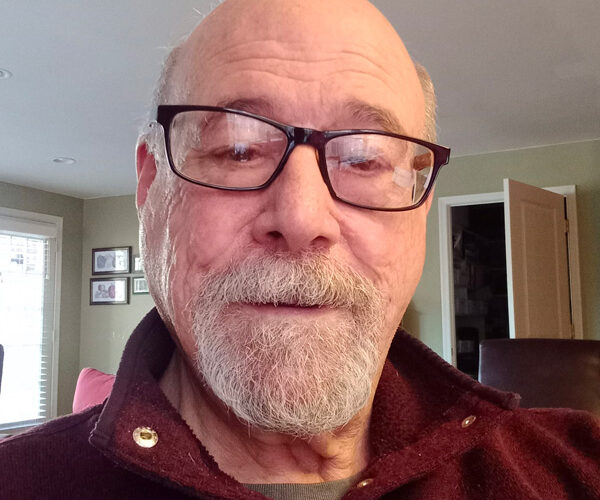
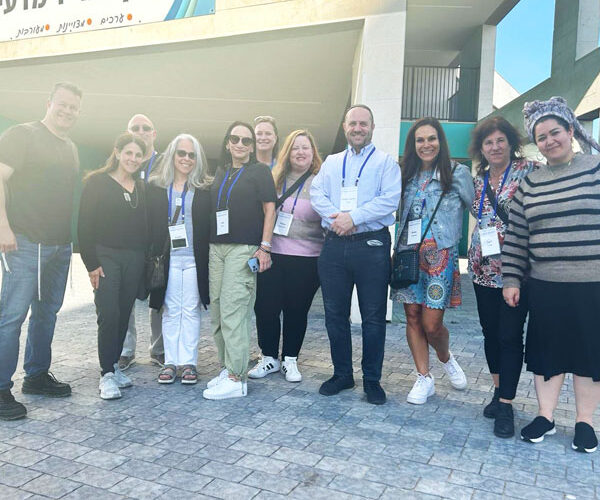
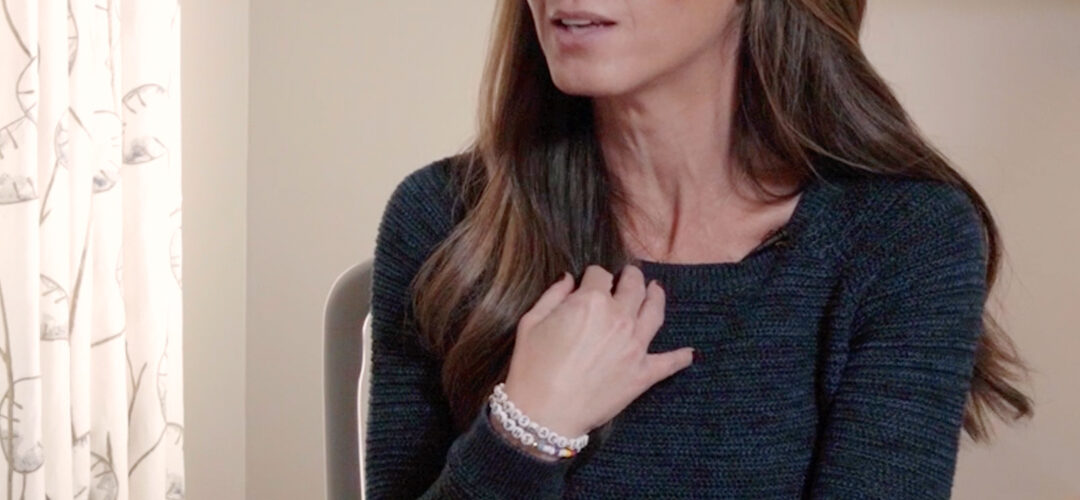
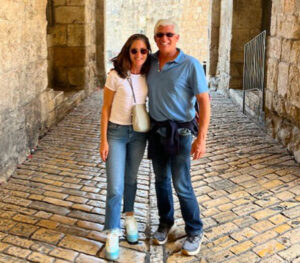




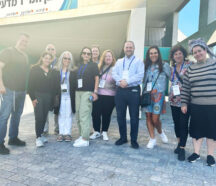
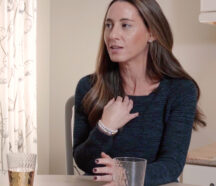
 Please Wait while we loading your video.
Please Wait while we loading your video.